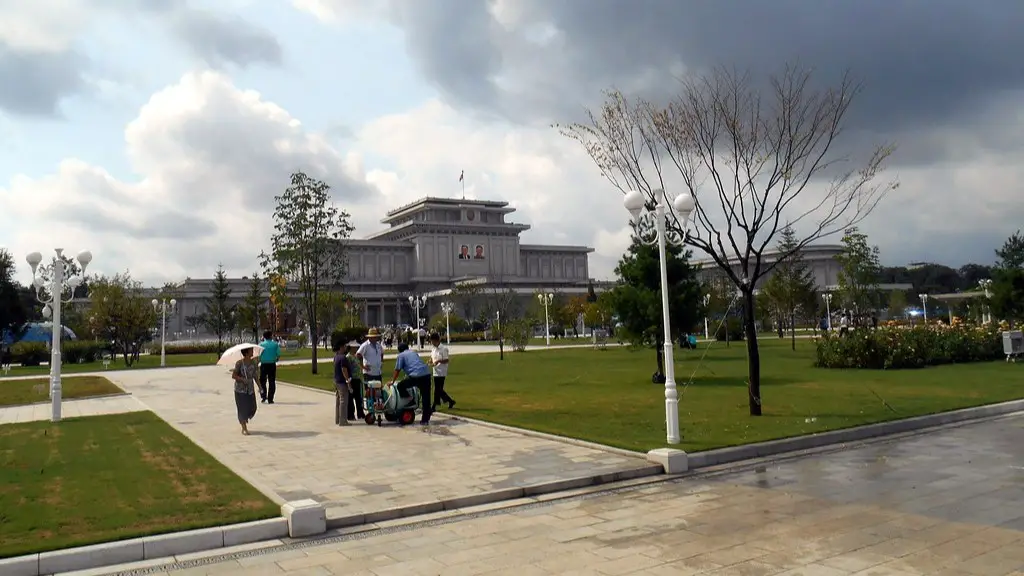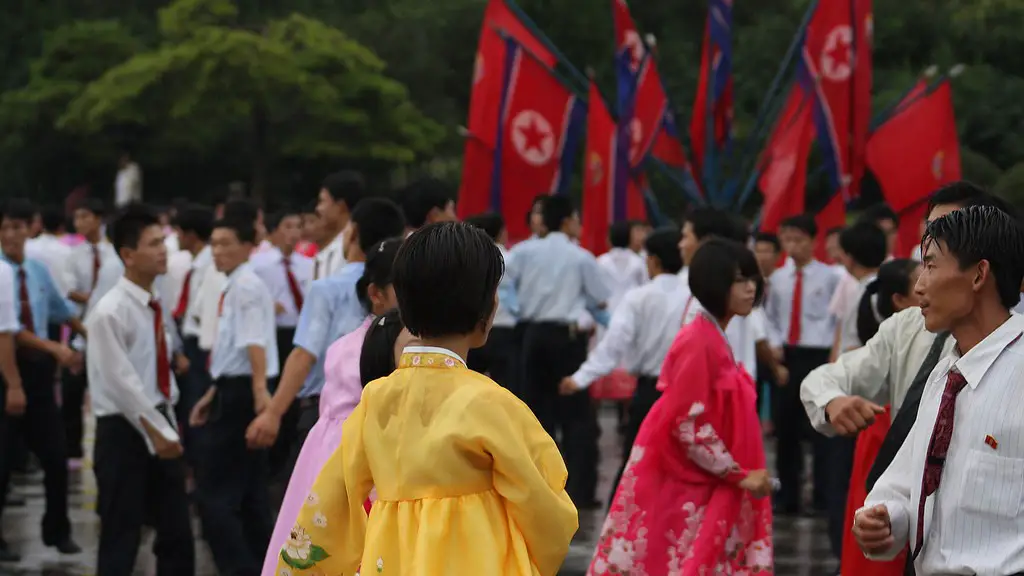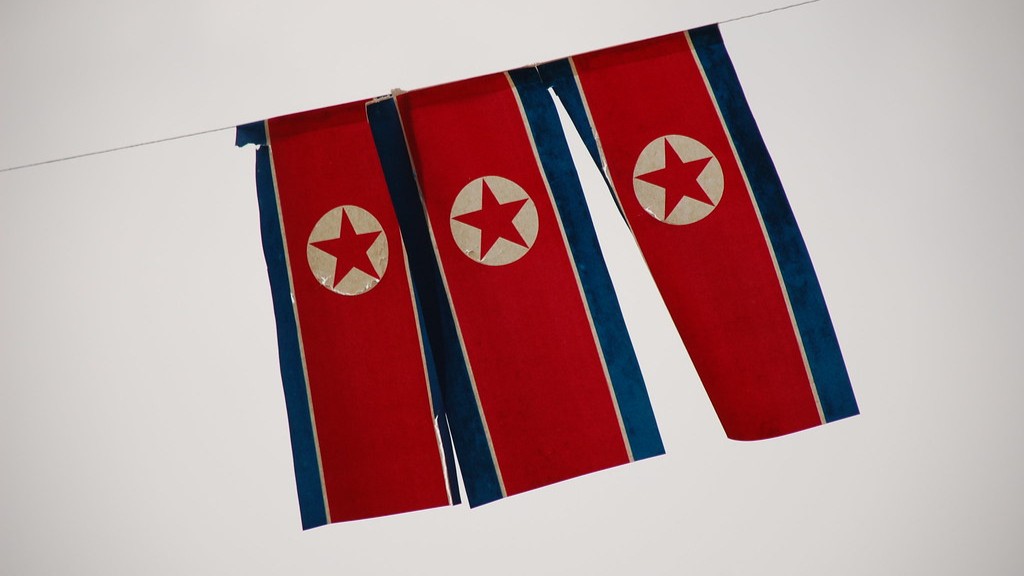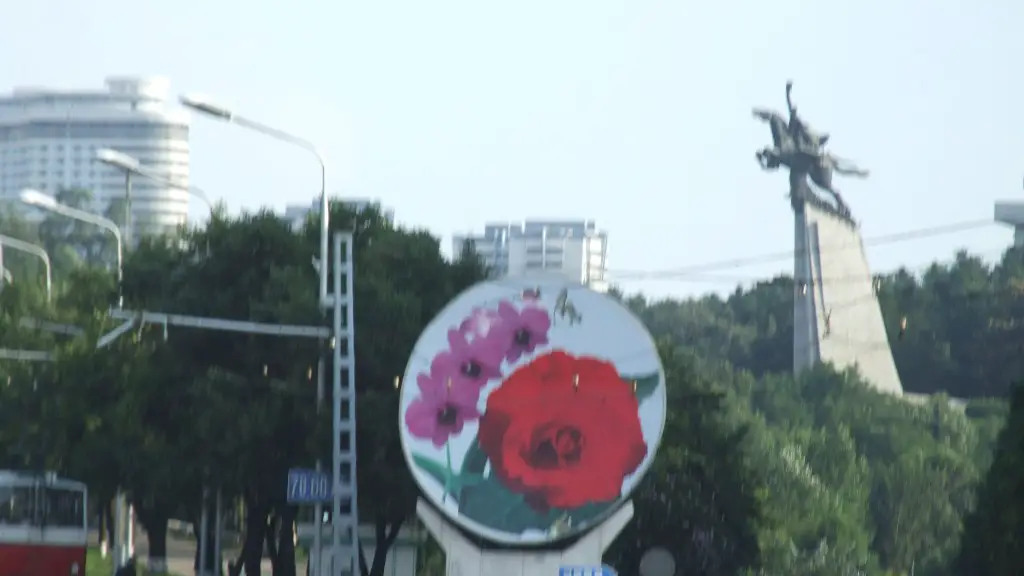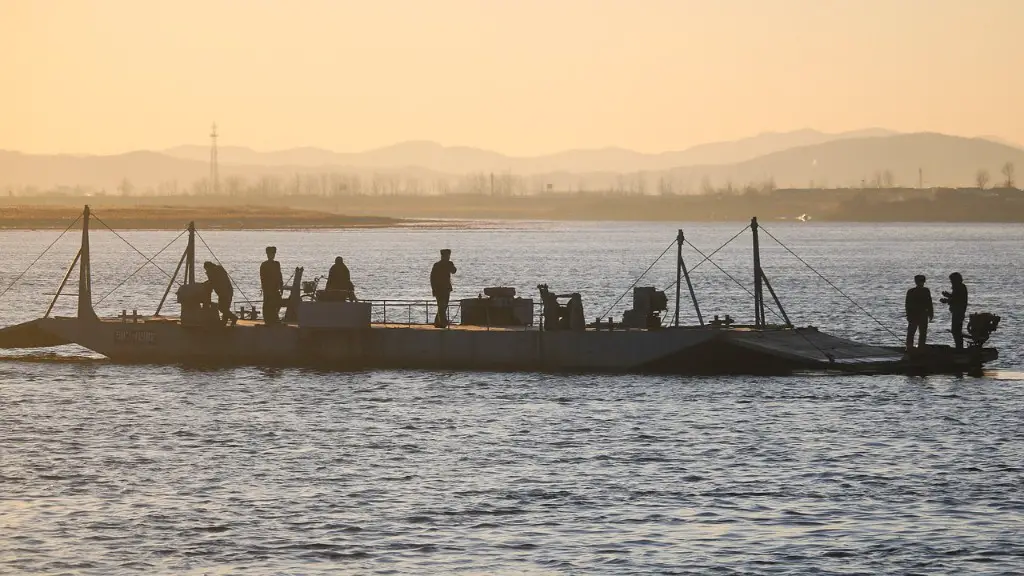Despite being a country with a small population, North Korea is a place that has sparked fear in the hearts of many people worldwide. It is a country shrouded in mystery, and for the majority of its history, few people knew what life was like in North Korea. In recent years, we have been able to gain a better understanding of the working of the country, and one particular topic of intrigue is what religion North Korea follows.
Based on research carried out by the World Relief Organisation, it is estimated that only 70% of North Koreans are not committed to any religion, while the remaining 30% belongs to a wide range of beliefs including Buddhism, Shamanism, Protestantism and Roman Catholicism.
However, this number is deceiving due to North Korea’s extremely restrictive government. Freedom of religion is practically nonexistent in North Korea, and any displays of faith of any kind can be met with severe repercussions. For those that do practice a religion, it is done in secrecy, and are met with the utmost secrecy.
The beliefs of North Korea have long been subject to debate. Although formally based on an amalgamation of traditional beliefs, Marxism and Juche, it is believed by some that North Korea is in some way based on a belief in leader Kim Jong-Un as a deity – something which is actively encouraged by the regime.
The current regime’s control over the media and press means that any sources must be taken with a pinch of salt. However, some experts have argued that North Korea is not a religious nation, but simply an oppressive and authoritarian regime that has taken bits and pieces from a variety of religions in order to create a code of conduct by which to govern the people.
It is possible to view this in its own way due to the secretive and totalitarian nature of the government. For example, North Koreans must partake in a variety of ceremonies and rituals throughout the year. These ceremonies, ranging from military parades to paying homage to the ‘Great Leader’, are a reflection of the loyalty to the state and its leader rather than religion.
Censorship in North Korea
Censorship has been a cornerstone of the North Korean government for a long time. The government has carefully regulated books, films and media it deems to be objectionable and does not allow the spread of religious material to its citizens.
Censor boards (the Committee for Cultural Relations in the Korean Workers’ Party and the Bureaus for Film Management ) have worked hard to prevent any form of religious propagation and continue to do so. This has significantly limited the ability for North Koreans to practice their faith, leading many to instead practice their faith in secret.
The government has even gone to such lengths as to ban the Bible, which in turn leads to much of North Korea’s population being deprived of proper religious education and spiritual guidance.
The extent of censorship in North Korea goes far beyond the obvious, and the religious implications of such censorship further deepen the current crisis.
How North Korea’s Government Controls Religion
North Korea is renowned for its draconian government policies and its attempts to suppress any form of dissent. Religion is no exception, and the government has done its utmost to limit the spread of any religious material or practice.
Censorship is only one part of the government’s approach towards religion, however, and the regime has also sought to promote the state ideology known as the Juche Idea. This is a form of nationalist belief which focuses on the teaching of self-reliance and revolutionary struggle, and is seen as the main source of ideological guidance in the state.
Apart from this, North Korea also heavily restricts religious activities, meaning even small acts such as praying in public can be severely punished. In addition, the regime has placed a ban on all organised forms of religion and religious gatherings, with the exception of temples and churches that are under direct control of the government.
Religion in North Korea’s Future
It is largely agreed that religious freedom in North Korea is severely limited. It is rare for the government to acknowledge any religious practice but the future is uncertain.
However, with the increasing curiosity among many foreign countries and organizations, it might be that the current regime may eventually be open to allowing religion in some way in the future. Speculation and dialogue around this possibility remains low, however, as such a move for the regime would be highly controversial and could put them in diplomatic hot water.
It is likely that North Korea will remain a largely secular society in the future as well, but with increased global ties, North Koreans could be granted more autonomy when it comes to their religious beliefs. Whether or not the current regime will impose even stricter controls or allow more religious freedom is yet to be seen.
International Efforts to Promote Religious Freedom in North Korea
In recent years, there have been various global efforts to promote religious freedom in North Korea. One of the primary vehicles for this has been the United Nations (UN), which has been actively working to improve the country’s human rights record.
The UN has repeatedly called for the North Korean government to end its repression of religious groups and allow its citizens to practice their own faith peacefully. This has included organising annual meetings with representatives from various countries and religious organizations, as well as introducing various programmes to help the North Korean people.
There have also been numerous initiatives from NGOs, religious groups and other global organizations to promote religious freedom in North Korea. This includes providing resources such as food and medical aid to those in need, as well as increasing access to education and training in religious studies.
These efforts have all gone to show that the international community is committed to improving the religious freedom of North Koreans. It is only a matter of time before we see the results of these initiatives, and whether or not North Koreans will be given the right to practice their own faith in peace.
North Korea’s Religious Repression and Its Impact
The dire situation surrounding religious freedom in North Korea transcends beyond mere censorship and propaganda. The effects of such repression are all too clear, with those unable to practice their own faith in fear of persecution or imprisonment.
Sadly, such repression has caused an immense amount of suffering for countless numbers of people, who either have had to abandon their faith and beliefs or keep them hidden. In addition, the impact of religious persecution has resulted in an immense amount of psychological distress, with many having been arrested and tortured for their religious beliefs.
However, though North Korea remains in a state of severe religious repression, many North Koreans still maintain a sense of hope and faith despite their circumstances. They persevere and continue to look to a brighter future, one where they will be able to freely practice their faith.
Conclusion
The lack of religious freedom in North Korea is one of the main reasons why the people of North Korea feel so suppressed and powerless. Though the government has done its utmost to prevent any religious practice, North Koreans still remain fervent about their faith, no matter how hard the government may try to suppress it.
It is this unwavering faith and hope that will prove the key to unlocking religious freedom in the future, and to finally bringing the much-needed changes to the lives of the North Korean people. There is hope yet for the future of religious freedom in North Korea and it is only a matter of time before the world sees positive changes.
